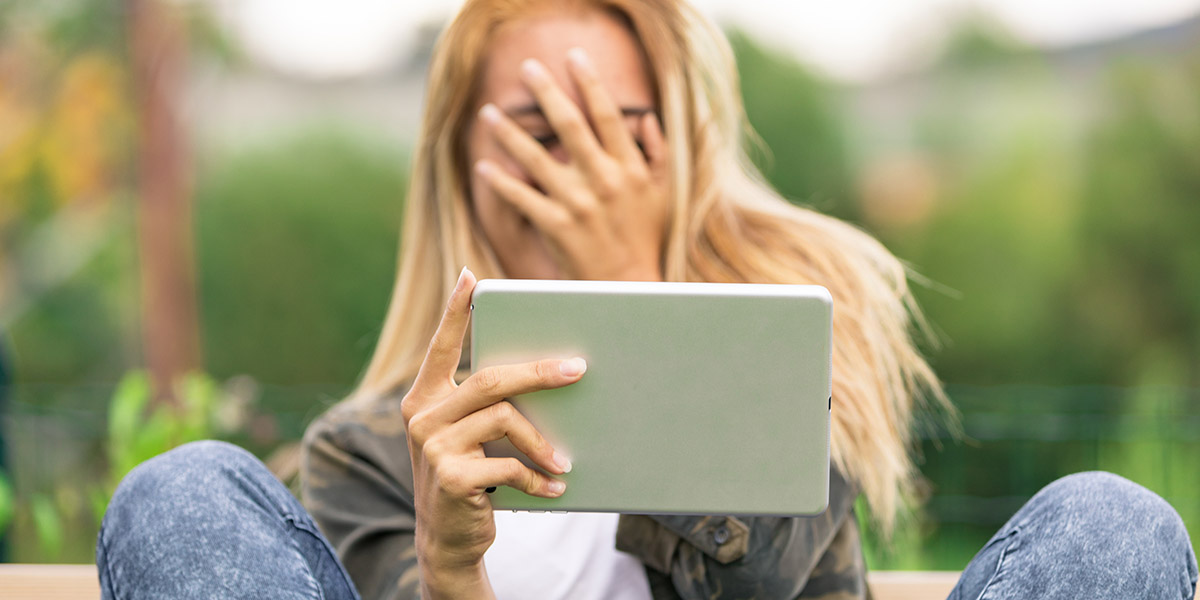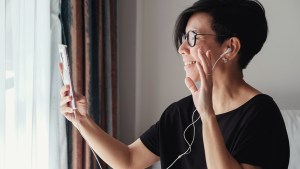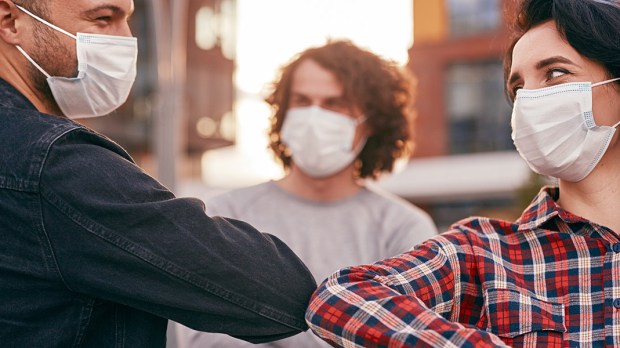The pandemic has greatly changed our interaction with the world around us by making us spend more time at home and stop going to certain places. It has even affected our relationships; we’ve likely spent a lot more time with some people, and a lot less with others.
We’ve had the opportunity not only to change which spaces we visit and occupy, but also to make modifications to them. For instance, many of us have taken advantage of this situation to organize our houses, rearrange the furniture, and get rid of things that we realize we don’t really need anymore. Offices and workplaces have also been transformed with safety measures and with “downsizing,” as working from home becomes more common, and more than a temporary solution.
The circumstances of the pandemic have had a similar impact on the world of our relationships, making a variety of changes to them. It has allowed us to realize who are the people that are always there for us and whom we trust. Some people have turned out to be great company; others have drifted away.
Losing touch can make us feel disappointed, sad or nostalgic. A first step towards healing is to identify who our most important relationships are today, whether those people are geographically near or far. We should analyze how we’re managing the changes in our relationships with them, and how we can keep our connection alive under the current circumstances.
Different people will be open to different degrees and forms of contact, according to the regulations and recommendations of their local government and to their own state of health, lifestyle, etc. We need to respectfully understand that we’re all in a highly unusual situation, and people are coping differently in the light of the information that’s available (which is often conflicting).

Looking at someone with suspicion because they’re reacting differently than we are is not a good approach. When we assume that we know what is happening in the other person’s life, we not only show a lack of empathy but also a lack of humility in thinking that we know what’s best for everyone.
In order to manage our relationships today, it’s necessary to keep this in mind: The way people understand “doing the right thing” can be somewhat different according to assessment of risk and perceptions of reality, including what and how we think, how we see our world and how we perceive danger. Some people, we might be able to see in person, with due precautions; with others, we might want to limit contact to video chats and texts.
In the midst of all this, when it takes a greater effort to keep relationships alive, we are naturally invited to ask ourselves in which cases it’s really worth it. The pandemic is allowing us to do a kind of cleansing of our relationships that can help us to be more authentic. We can see who we really want to spend time with, and to whom we may need to say goodbye, at least for a time. These choices can help us let go of affections and friendships that are not healthy, and create new ones.

Anyone who’s ever lost their cell phone knows what it’s like to lose your connections. All our contacts were all there! Who bothers to memorize more than a few phone numbers and email addresses? We can feel lost. We might be able to recover our entire contact list, but most likely the ones that have reconnected spontaneously within a week are the ones that matter most. Some will come later and others will be gone forever, having fulfilled a certain necessary role at a certain time.

Read more:
How to keep friendships strong in isolation (and why you should!)
Ending relationships, even ones that we realize weren’t healthy or weren’t central to our lives, can still be painful. In the face of this type of emotional loss, we need to go through a process of healing in which we learn to let go and to be more realistic, leaving aside false expectations and taking in what we’ve learned along the way.
When we see that a relationship needs to end or has ended, we should try to be grateful for the lessons we’ve learned and remember the good things that have come from that connection while it lasted. Perhaps that person has changed since we first met them, perhaps because they’ve moved on to another stage in life, or they need something different than what we could give them.
We might feel sad, but we need to take time to observe and appreciate positive things. Many of us have a natural tendency to be alert to point out only the negative things around us. But it’s much more beneficial if we strengthen the memory of a bond with someone we cared about by highlighting and preserving the good in it.
When it comes to focusing on the positive, it can be helpful to focus on the present moment and our feelings of appreciation and gratitude for the people who are or have been a part of our lives. Even dealing with those who are no longer friends, we should treat them well, with kind words and with a mention in our prayers.

Read more:
How to overcome the loss of friendship

